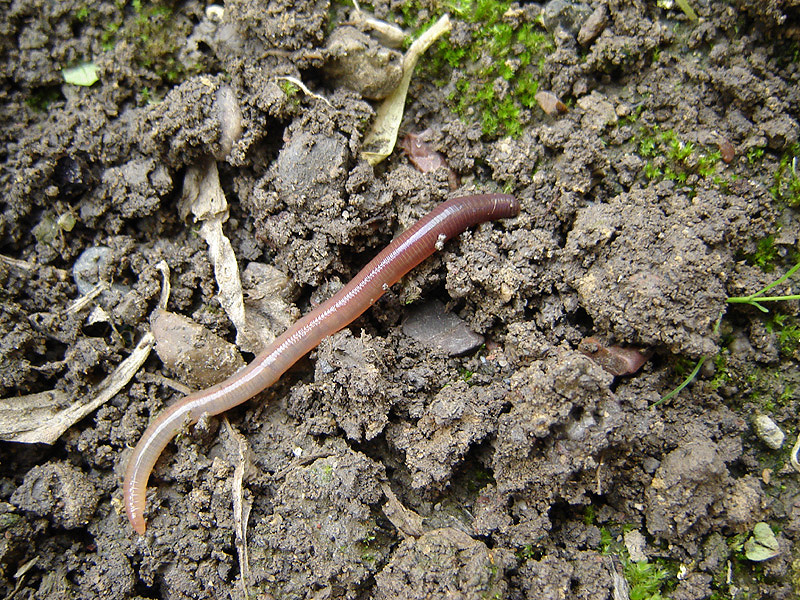About North Carolina Worms
About North Carolina Worms
Blog Article
The Greatest Guide To North Carolina Worms
Table of ContentsSome Of North Carolina Worms8 Simple Techniques For North Carolina WormsThe 6-Minute Rule for North Carolina WormsThe smart Trick of North Carolina Worms That Nobody is Talking AboutHow North Carolina Worms can Save You Time, Stress, and Money.
Instance: 1-gallon of worm castings to 4 gallons of potting mix. Do NOT make use of a potting mix that has chemical fertilizers in it. Check out the labelit will certainly state. 1/2 cup in the bottom of the planting opening for smaller plants. 1 mug for larger plants. ie. tomatoes, eco-friendly peppers, summer squash, and so on.We discover that worm spreadings are not truly needed for seed starting., advertises better germination rates and plant health.
The addition of tea can additionally include raised microbial biomass to your soil. Farming. You can always side-dress your plants with worm castings any time. Simply bear in mind, the microbes will pass away if subjected to UV rays (Sun), so make sure to cover the castings with an inch or so of dirt

This baffled them for years until the screening techniques became better. It would get far better(with more spreadings), degree off, and after that decline. As well many worm spreadings would speed up the development to a rate that the plant can not recuperate from.
North Carolina Worms Can Be Fun For Anyone
I have stated the merits of worm castings for concerning 2000 words. Worm castings are no various. It takes time to produce high quality worm spreadings.
Worm castings certainly set you back more than chemical fertilizers. Worm castings are on the more affordable end of organic fertilizers. (50 gallons per year) It is a much more challenging and very pricey financial investment to generate huge quantities of worm spreadings.
I would certainly place worm castings up against any type of fertilizer (chemical or natural) for plant health and return. We have talked about the many advantages of worm castings.
Creating a healthy and balanced soil may be the greatest benefit of worm spreadings. We reviewed worm castings NPK and likewise the appropriate nutrient evaluation that must apply to worm castings.
Getting My North Carolina Worms To Work
We talked concerning some of the negative aspects linked with worm spreadings. I covered a whole lot of product in this short article.
(https://www.figma.com/design/ajGaapkEvK3FYUunCPEOt2/Untitled?node-id=0-1&t=uqfAP7YDPwbjItox-1)The vertical burrows are normally open, although the worms cap the leading with residue and waste matter. Origins need oxygen for their growth, whereas they generate carbon dioxide that requires to leave the soil.

Things about North Carolina Worms
In one more study, earthworms were estimated to eat 4 to 10 percent of the leading 6 inches of the dirt yearly. This only mosts likely to reveal the huge quantities of dirt that can be refined by earthworms. Full Report Dirt compaction minimizes the porosity of the dirt. Because earthworms increase porosity, they reduce the impacts of compaction.
Common earthworm populaces can conveniently take in 2 lots of completely dry issue per acre each year, partly absorbing and blending it with soil. The value of earthworms to mix surface residue with soil comes to be extremely clear in soils that do not have any earthworms. A lot of our Pennsylvania dirts contend the very least some earthworms, and the impact of their complete absence, for that reason, can not be kept in mind.
In these soils, the formation of topsoil with affordable raw material content did not occur, resulting in inadequate plant development. Once the cause was established, the government of the Netherlands began a project to present earthworms. After the intro of the earthworms, a dark topsoil layer was developed, and plant development increased substantially.
The 3-Minute Rule for North Carolina Worms
They live primarily from partially decomposed raw material that is currently included in the dirt. They consume their way through the dirt, producing straight burrows that they load with their waste matter. These types consume huge amounts of soil that they combine with digested plant deposit in their guts. or anecic types live in irreversible upright burrows that can be 5 or 6 feet deep.
These varieties consume considerable quantities of dirt that they blend with digested residue in their intestines. Their waste matter is primarily transferred at the surface area of the dirt.
Report this page